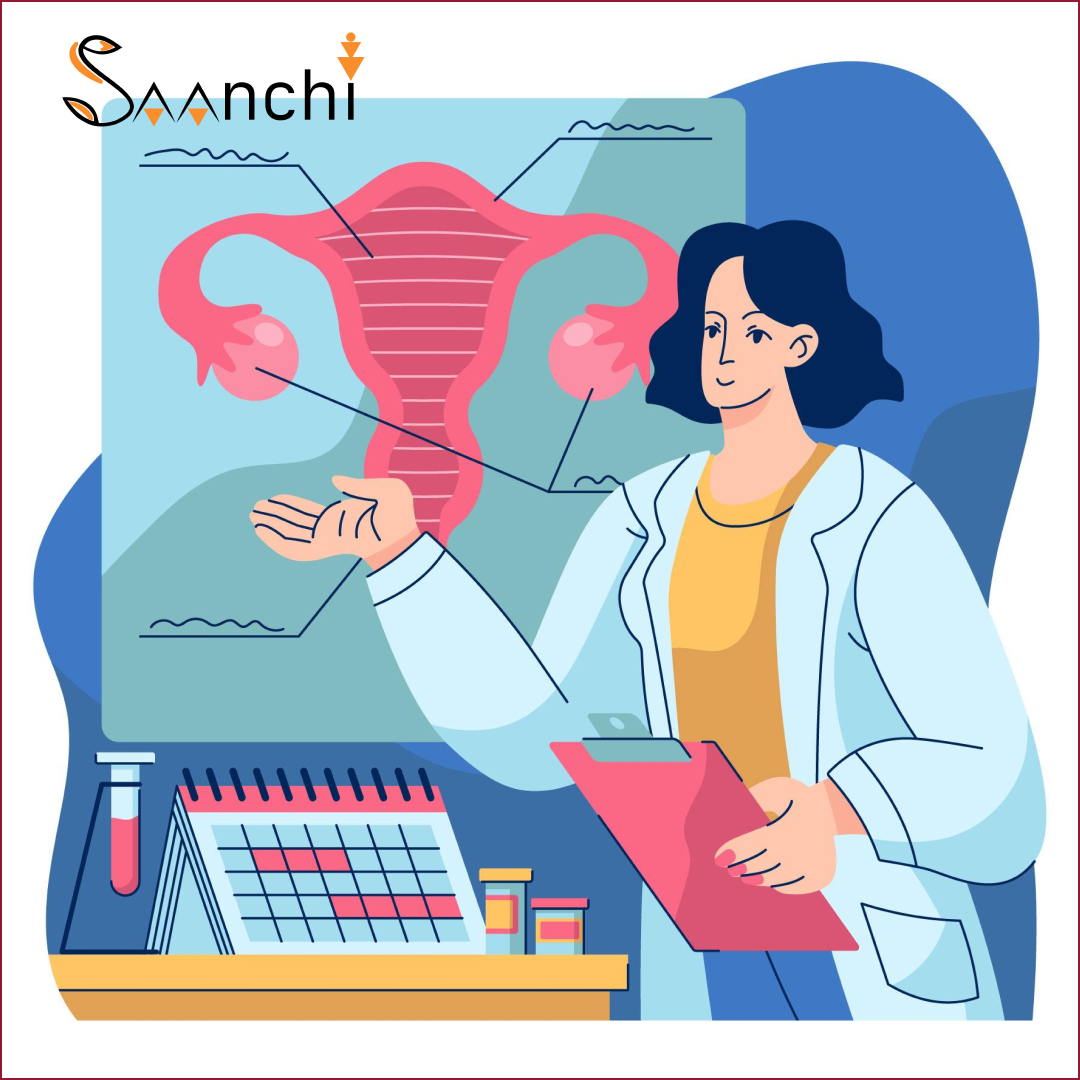Menstrual health is an essential aspect of overall well-being, yet it remains a topic that is often shrouded in silence and stigma. In many communities, discussing menstruation openly is still considered taboo, leading to a lack of education and awareness about menstrual health. Advocating for menstrual health in your community is crucial for breaking down these barriers, ensuring that everyone has access to the knowledge and resources they need. This blog will guide you on how to advocate effectively for menstrual health, making a positive impact on your community.
Understanding the Importance of Menstrual Health Advocacy
Menstrual health advocacy is about more than just providing sanitary products. It involves raising awareness about the biological, social, and psychological aspects of menstruation. When communities are educated about menstrual health, it leads to better hygiene practices, reduced absenteeism in schools, and greater gender equality. Advocacy helps to normalize the conversation around menstruation, making it a topic that can be discussed without shame or embarrassment.
Start with Education
Educate Yourself First
Before you can advocate for menstrual health, it’s important to educate yourself on the subject. Understand the menstrual cycle, common menstrual disorders, and the challenges that people face in managing their periods. Familiarize yourself with the various products available, including pads, tampons, menstrual cups, and period underwear. The more informed you are, the more effectively you can advocate for others.
Spread Awareness in Your Community
Once you have a solid understanding of menstrual health, the next step is to spread awareness in your community. Start by talking to your friends, family, and colleagues about the importance of menstrual health. You can also organize educational workshops or informational sessions in schools, community centers, or religious institutions. Use simple, clear language to explain the basics of menstruation and why it’s important to support menstrual health.
Addressing the Stigma Around Menstruation
Break the Silence
One of the biggest challenges in advocating for menstrual health is breaking the silence that surrounds the topic. Encourage open discussions about menstruation by sharing your own experiences and creating a safe space for others to do the same. Normalize the conversation by including men and boys in discussions about menstrual health, as their support is crucial in breaking down gender-based stigma.
Challenge Myths and Misconceptions
Menstruation is often surrounded by myths and misconceptions that can lead to harmful practices and beliefs. As an advocate, it’s important to challenge these myths and provide accurate information. For example, dispel the myth that menstruation is “dirty” or “impure” by explaining that it is a natural biological process. Correct misinformation about menstrual products, such as the idea that tampons are dangerous or that menstrual cups are unsanitary.
Providing Access to Menstrual Products
Organize Product Drives
Access to menstrual products is a significant issue for many people, particularly those in low-income communities. Organize product drives to collect pads, tampons, and other menstrual products, which can then be distributed to those in need. Partner with local schools, shelters, or nonprofits to ensure that the products reach the people who need them most.
Advocate for Free Menstrual Products
Advocating for free menstrual products in public places such as schools, workplaces, and restrooms is another important aspect of menstrual health advocacy. Write to local government officials or school boards to push for policies that provide free menstrual products in public facilities. Explain how lack of access to these products can lead to missed school or workdays, and how providing them can promote equality and dignity.
Supporting Menstrual Health Education in Schools
Advocate for Comprehensive Menstrual Education
Many schools do not provide comprehensive education about menstruation, leaving students with gaps in their knowledge. Advocate for menstrual health education to be included in school curriculums, ensuring that both boys and girls learn about menstruation in a scientific, respectful manner. This education should cover not just the biological aspects of menstruation, but also how to manage periods and address related health issues.
Create Supportive School Environments
Work with school administrators and teachers to create environments where students feel comfortable discussing menstruation and asking for help if needed. This could include setting up peer support groups, providing access to menstrual products in school restrooms, and ensuring that students are not penalized for needing to take breaks or manage menstrual pain during school hours.
Saanchi’s Commitment to Menstrual Health Advocacy
At Saanchi, we are dedicated to advocating for menstrual health in communities across the country. We believe that everyone should have access to the education and resources they need to manage their menstrual health with dignity. Our programs focus on breaking the silence around menstruation, challenging harmful myths, and providing access to menstrual products for those in need. By working together with schools, communities, and local organizations, Saanchi is helping to create a world where menstruation is understood, respected, and supported.


